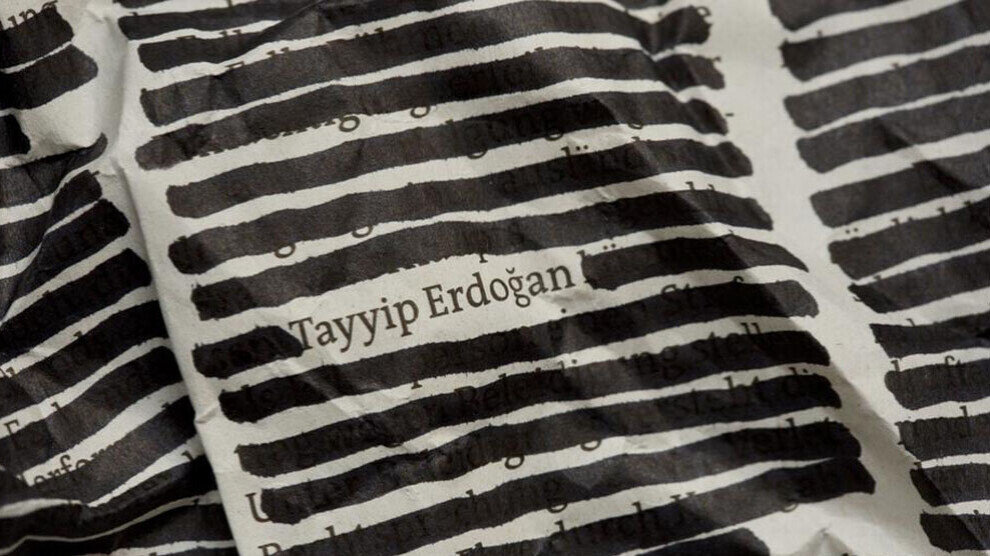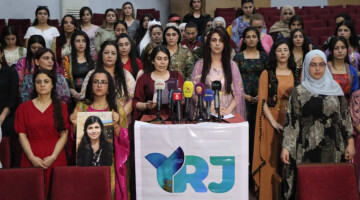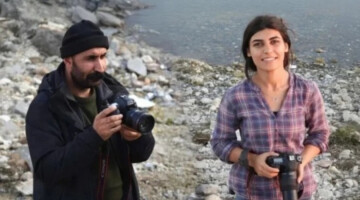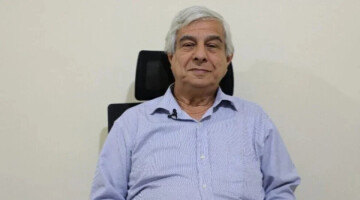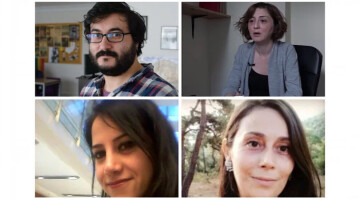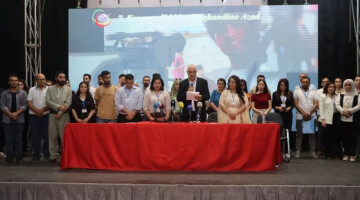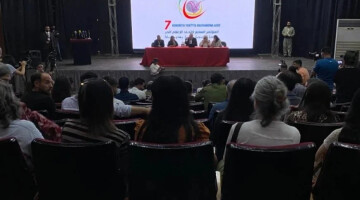The Turkish President, Recep Tayyip Erdoğan, has warned of legal action against the publication of content in the media that is incompatible with moral and national values. According to a decree published in the Official Journal on Saturday, "necessary measures" would be taken against "harmful content" in the "written, oral and visual press" in the future. These measures were not specifically named. The aim is to minimize a “harming effect” on society, including children and young people.
With the new directive, there are fears that the censorship of the press and media, which has been a common thread through the rule of the AKP, which has been in power since 2002, will be further tightened. Above all, critical reporting is considered a minefield in Turkey. At least 95 percent of the media have been brought into line. The regime's repression hits the Kurdish press, which plays an avant-garde role for free and opposition media in Turkey, particularly hard.
It was therefore not surprising that Xwebûn and Yeni Yaşam, two newspapers in the tradition of the free media, were withdrawn from digital circulation just after the publication of the directive in the official gazette. Access to the websites of both newspapers has been blocked since Saturday morning, meaning that the website can no longer be accessed nationwide – at the instigation of the Turkish Information Technology Authority (BTK). The basis for this ban is the controversial law 5651 for Internet surveillance and network blocking. The regulation came into force in 2007 with the aim of protecting personal rights. The law enables the authorities to extensively censor the Internet: websites can be blocked with or without a court order. According to the European Court of Human Rights (ECHR), Turkey's internet law violates Article 10 of the European Convention on Human Rights, which regulates the right to freedom of expression. However, this did not prevent the AKP government from tightening the law even further.
Xwebûn
With the title "Xwebûn", which means something like ‘being yourself’, a group of committed journalists, authors and academics has been publishing a national Kurdish newspaper since the end of 2019. The newspaper, which is published weekly in the Kurdish dialects Kurmancî and Kirmanckî (Zazakî), is dedicated to the preservation of the Kurdish language.
Yeni Yaşam
The mainly Turkish-language daily newspaper Yeni Yaşam (New Life), which, despite all the repression, mainly reports on the war in Kurdistan, is considered the current successor medium to the banned Özgür Gündem, the first independent pro-Kurdish newspaper in Turkey.
This is not the first censorship measure taken by the state authorities against the work of these newspapers. A written justification for the blocking of the websites is not yet available.

